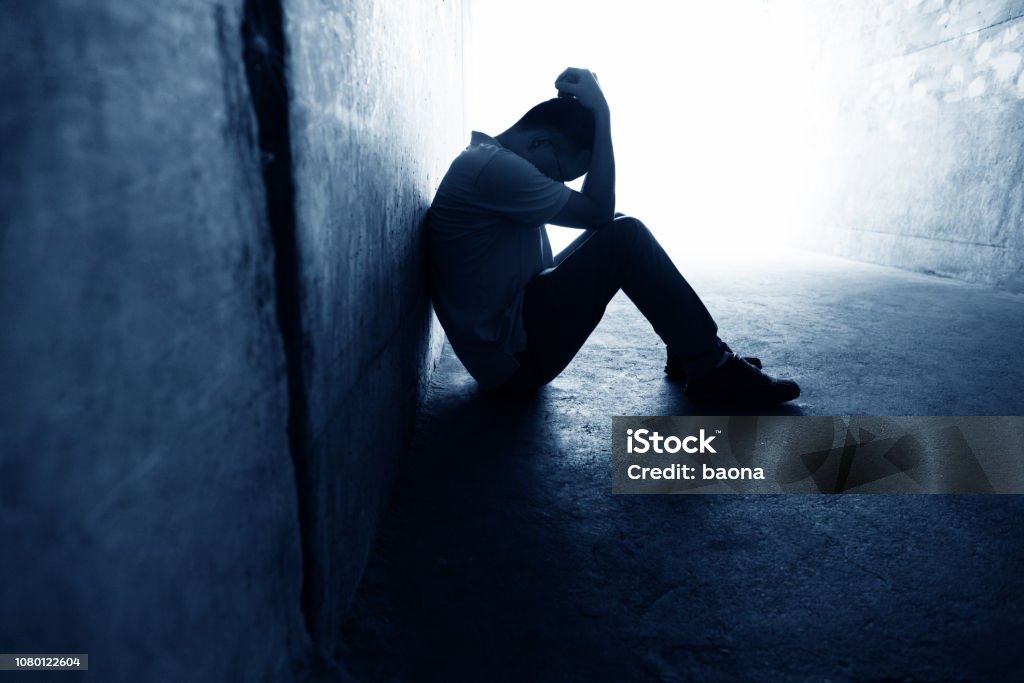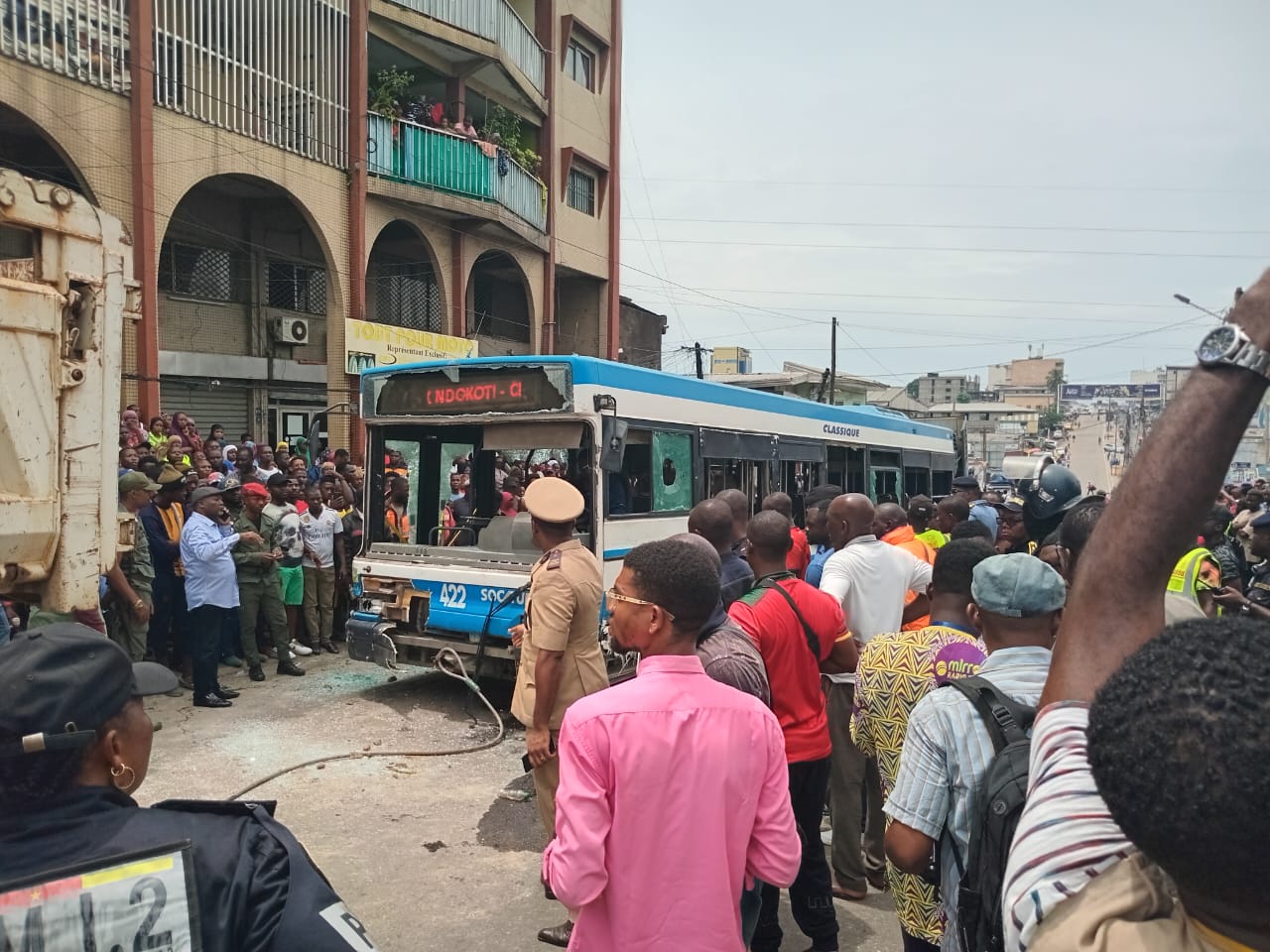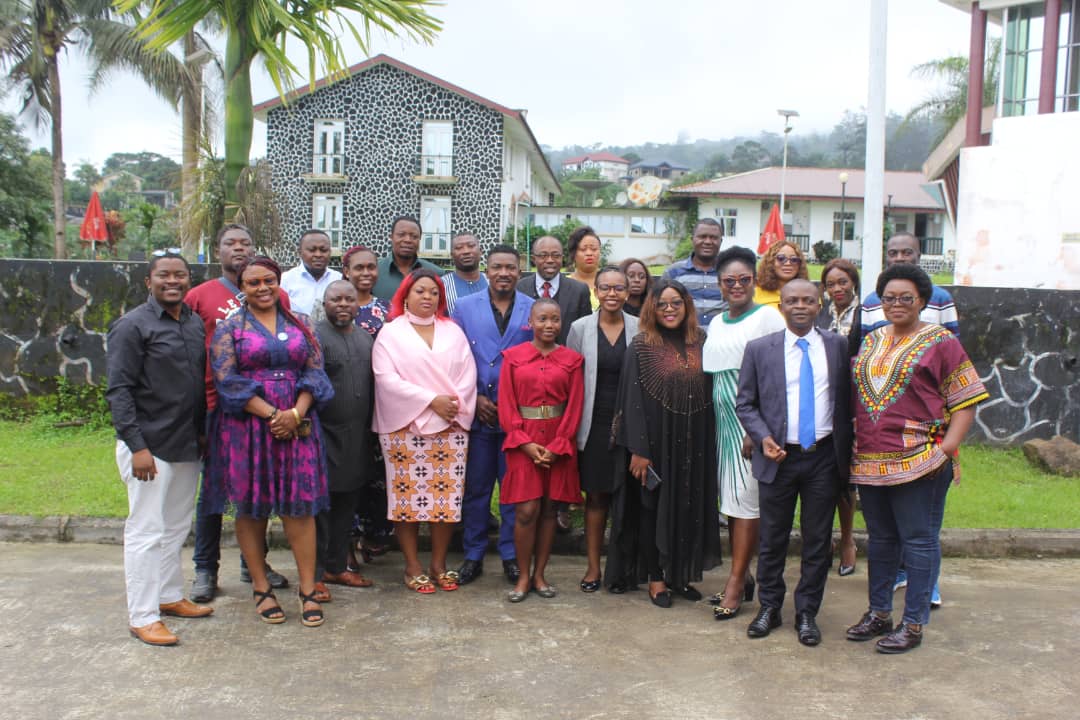
Human-rights journalists pledge for a more human treatment to media professionals in Cameroon
- 2 novembre 2022
- 0
“Journalism is not a crime“. This is the slogan most media professionals have been using in the past years to re-echo the need to survive amidst inhumane treatment received while carrying out their duties. UNESCO has revealed 55 journalists were killed across the world in 2021 with two third of deaths in countries without armed conflicts. Though they talk of a drop in deaths, about 87% of these killings since 2006 are yet to be resolved.
Cameroon despite a boom in the media sector with nearly 700 newspapers published fairly on a regular basis, over 150 broadcasting stations, about 50 community radios, 100 television channels and online news outlets, between 2016-2022, several cases of arbitrary arrests and killings of journalists have been reported. The Cameroon Peace Journalist points out Samuel Wazizi whose death remains a mystery, Emmanuel Mbobog Mboh Matip arrested in 2020, Fomunyuy Kingsley Njoka arrested in 2020 and charged with secession, Malcolm Barnabé Paho detained for 2 days for defamation and Paul Chouta assaulted while in detention in Yaounde in 2022.
World Press Freedom Index
Reporters Without Borders in its 2020 World Press Freedom Index, ranked Cameroon at the 134th position from 180 countries surveyed on grounds that Cameroon is one of the most dangerous countries for journalists.
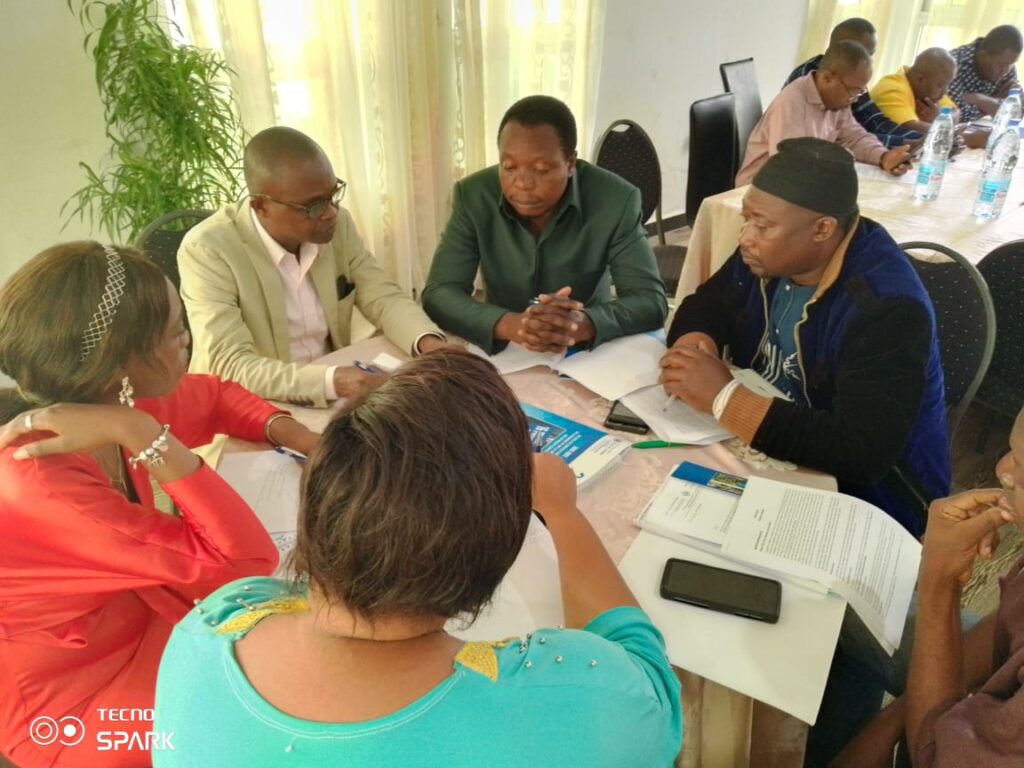
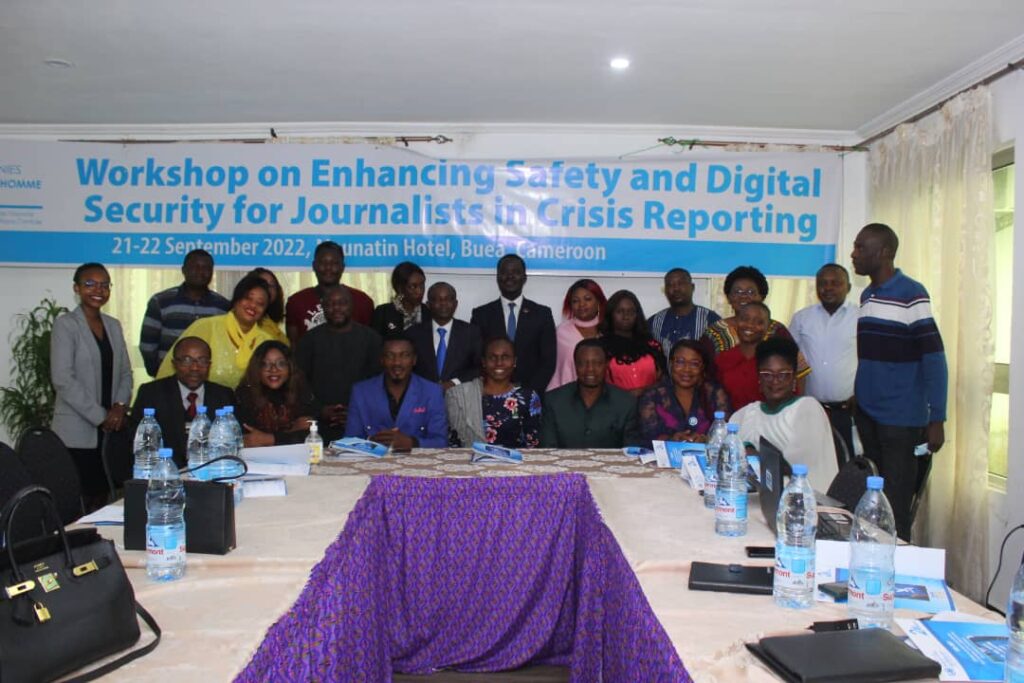
Amidst the rights abuse and inexplicable deaths, 30 human-rights journalists from the North West, South West, West and Littoral regions have pledged to Commit themselves to do their work to ensure and enhance development and social cohesion of communities and nation with objectivity, create and uphold a regulatory body that checks the operations and work of media professionals to ensure and promote good journalism practices to guarantee our safety and security.
They also request the state to revise the legal definition of who the journalist is in order to safeguard the safety and security of media professionals, push for the enactment of a freedom to access of information act to enable media professionals do their work accurately and impartially without fear of attacks, decry all forms of Impunity for Crimes against Journalists and demand the stop and complete cessation of military targeting media professionals covering crisis. They also demand non-state armed groups to stop targeting media professionals covering crisis.
To Other Stakeholders (Religious, Community and Civil Society Leaders), they urge them to play a proactive role in ensuring the safety and security of journalists in their various faith communities, call on other community and traditional authorities to play a proactive role in ensuring the safety and security of media professionals in their various communities.
As the world over observes the International Day to End impunity or crimes against journalists, the Buea Declaration on the impunity, safety and security of journalists signed on September 22 2022, is to remind national and international opinion that, Impunity for crimes against journalists, threats and insecurity of journalists are real risks to media professionals, their families and endanger the profession.
Veronica Aji

